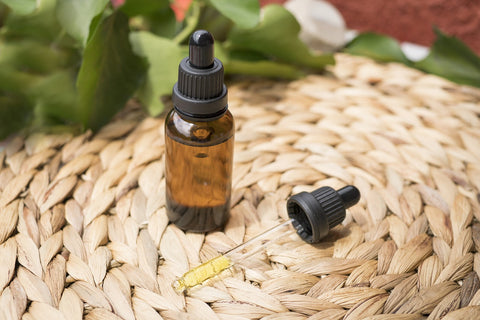The relationship between cannabidiol (CBD) and cholesterol is generating interest among researchers and patients alike. CBD has emerged as a potential treatment option for various ailments due to its reputed therapeutic effects. With the growing instances of high cholesterol levels worldwide, exploring how CBD might influence this health issue has become increasingly important.
Understanding Cholesterol: What it is and Why it Matters
The Role of Cholesterol in the Body
Cholesterol is a fatty substance that plays a crucial role in building cell membranes, producing vitamins like vitamin D, and synthesizing hormones such as estrogen and testosterone. It travels through the bloodstream attached to proteins called lipoproteins. There are two main types:
- Low-density lipoproteins (LDL): Often referred to as 'bad cholesterol,' LDL can build up in artery walls, leading to blockages and raising the risk of heart disease and stroke.
- High-density lipoproteins (HDL): Known as 'good cholesterol,' HDL helps remove cholesterol from the bloodstream, transporting it to the liver where it can be excreted from the body.
Causes and Risks Associated with High Cholesterol
Various factors contribute to elevated cholesterol levels, including diet, genetics, lifestyle choices such as smoking and lack of exercise, blood pressure, obesity, and underlying conditions like diabetes. High cholesterol doesn't usually have symptoms but can lead to severe cardiovascular issues over time. Monitoring and managing cholesterol is vital to maintaining optimal heart health.
What We Know About CBD: An Overview
The Natural Compound Explained
CBD is one of the many cannabinoids found in the cannabis plant. Unlike its cousin tetrahydrocannabinol (THC), CBD does not produce psychoactive effects, making it a popular choice for those seeking relief without mind-altering properties. Used in various forms such as oils, capsules, edibles, and topical applications, CBD has been credited with alleviating symptoms of pain, anxiety, epilepsy, and more.
Existing Research on CBD and Cholesterol
Research into the impact of CBD on cholesterol levels is still in its early stages. However, some animal models and limited human studies provide insights worth considering. For instance, a study involving rats indicated that CBD influenced lipid metabolism and reduced total cholesterol levels. While promising, more extensive research on humans is needed to draw definitive conclusions.
Potential Mechanisms: How CBD May Affect Cholesterol Levels
Anti-Inflammatory Properties of CBD
Inflammation is a key player in the development of atherosclerosis—a condition characterized by the buildup of plaque in arteries, which can result in high cholesterol levels. CBD's well-documented anti-inflammatory properties could help mitigate inflammation within the arterial walls, potentially impacting cholesterol accumulation and improving overall heart health.
Interaction with Endocannabinoid System (ECS)
The ECS plays a significant role in regulating various physiological processes, including lipid metabolism, appetite, and energy balance. CBD interacts with the ECS receptors, possibly influencing these processes. Some studies suggest that activation of certain ECS receptors could improve cholesterol profiles by enhancing HDL levels and decreasing LDL levels.
Comparing CBD with Traditional Cholesterol Treatments
Statins: The Common Approach
Statins are the most widely used medications for managing high cholesterol. They work by inhibiting an enzyme involved in cholesterol production within the liver, thereby lowering LDL levels. Although effective, statins come with side effects such as muscle pain, liver damage, and an increased risk of type 2 diabetes.
Benefits and Drawbacks of Using CBD
When compared to traditional cholesterol medications, CBD offers a more natural approach with fewer reported side effects. Common benefits include:
- Reduced inflammation and oxidative stress
- Improved anxiety and stress management
- Potential enhancement of HDL levels
However, drawbacks include the need for more research to confirm efficacy, potential drug interactions, and variations in dosing requirements. Patients should consult healthcare providers before integrating CBD into their treatment regimen.
Real-World Implications: Personal Stories and Scientific Findings
User Testimonials
Many individuals report positive experiences using CBD products for managing various health conditions, including cholesterol-related issues. Anecdotal evidence suggests that some users find relief in their cholesterol levels and related symptoms, attributing improvements to consistent CBD use.
Scientific Perspectives
While personal stories offer valuable insights, scientific validation is necessary for mainstream acceptance. Existing studies present mixed results; therefore, ongoing clinical trials and large-scale investigations are essential in establishing concrete evidence regarding CBD’s effects on cholesterol.



